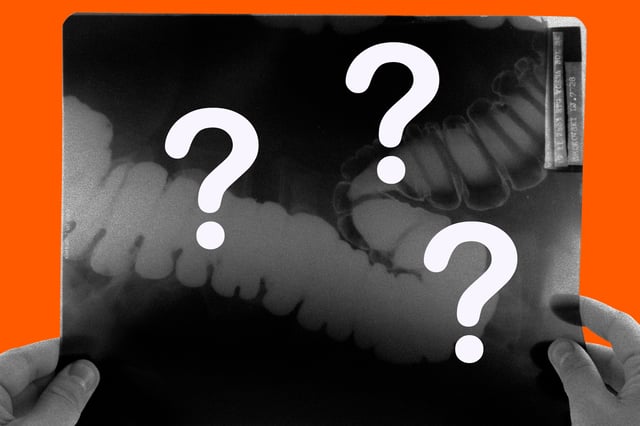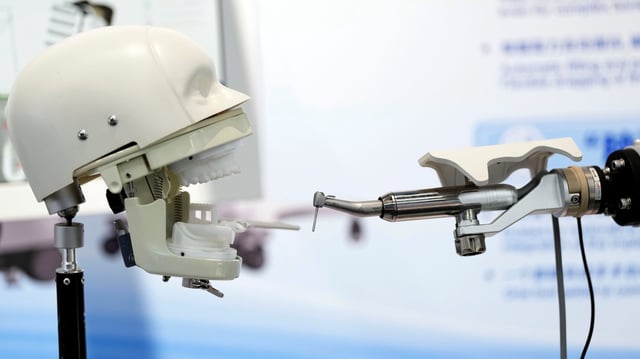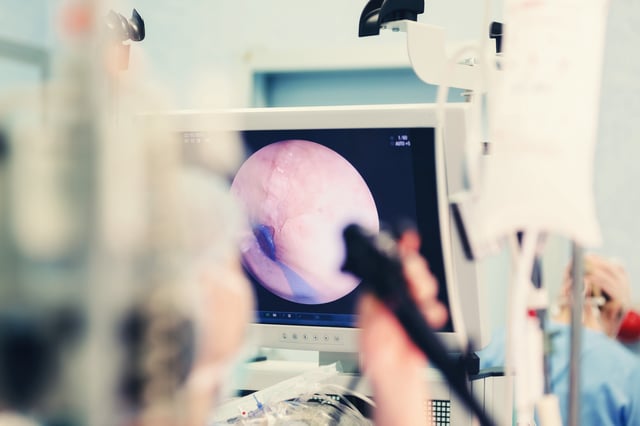Overview
- An observational study of 2,177 colonoscopies at four Polish centres found non-AI adenoma detection fell from 28.4% to 22.4% after routine AI introduction.
- AI-assisted colonoscopies achieved a 25.3% detection rate but did not significantly outperform pre-AI performance (OR 0.80, 95% CI 0.63–1.02).
- Authors warn that continuous AI exposure may foster overreliance and “deskilling,” weakening clinicians’ visual-search habits and diagnostic confidence when AI is unavailable.
- Researchers acknowledge that the study’s observational design, single AI system and use of highly experienced endoscopists limit causal conclusions and generalisability.
- No regulatory body has enacted new standards, prompting expert groups to call for formal performance monitoring, deliberate non-AI practice sessions and further studies to address potential skill erosion.



